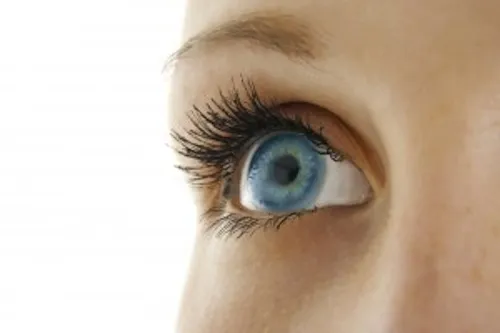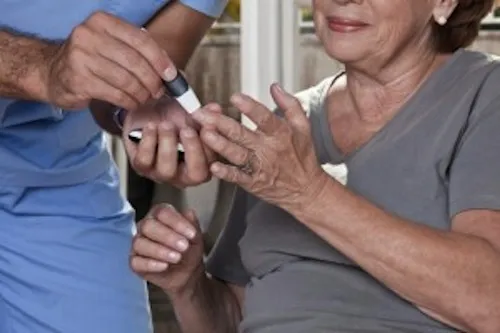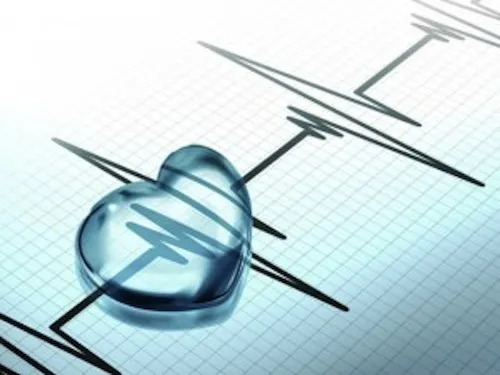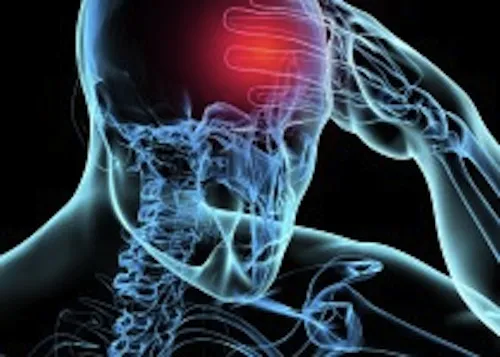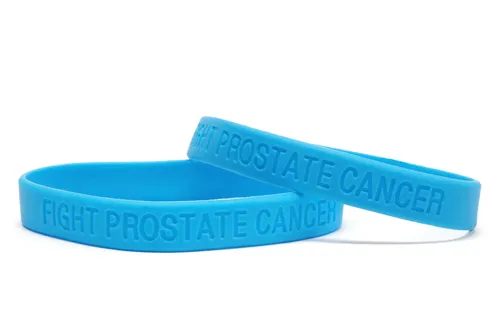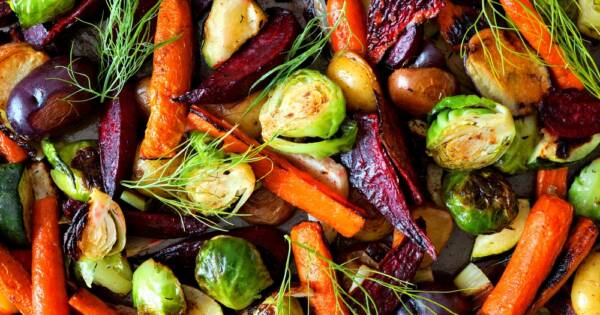Do you enjoy a nice glass of red wine at the end of the day? While most people drink wine for its delicious taste, there are countless health benefits to this popular beverage. When consumed in moderation (like everything), red wine is one of the healthiest beverages adults can choose to drink.
By now, most people are aware of some of the health benefits of consuming red wine (and, keep in mind, red wine boasts a lot more benefits than white wine – this article is tailored to red wine drinkers) but I bet you aren’t aware of all the ways this sweet beverage can help your health. From reduced risk of illnesses like cancer and diabetes to decreased risk of heart attack and stroke, there are countless reasons you should indulge in a glass of rose every night.
Here are 10 Clinically-Proven Reasons You Should Keep Drinking Red Wine (in moderation):
1. Reduced Risk of Heart Attack
A 16-year study published by researchers at the Harvard School of Public Health revealed that moderate drinkers suffering from high blood pressure are 30% less likely to have a heart attack compared to their non-drinking counterparts. The study was published in the Annals of Internal Medicine in 2007.
2. Reduced Risk of Cataracts
A 2003 study, published in the journal Nature, monitored 1,379 individuals in Iceland. The results showed that moderate drinkers were 32% less likely to cataracts compared to individuals who did not consume alcohol. Furthermore, those who consumed red wine were 43% less likely to develop cataracts compared to individuals who primarily drank beer.
3. Reduced Risk of Colon Cancer
A Stony Brook University study involving 2,291 individuals published in the American Journal of Gastroenterology monitored the health of participants over a 4 year period. The results revealed that moderate consumption of red wine cut the risk of colon cancer by 45%. The study was published in 2005.
4. Boosts Brain Health
A Columbia University study involving 1,416 people proved that brain function declines at a significantly faster pace in non-drinkers compared to those who drank moderately on a regular basis. The study was published in the Journal Neuroepidemiology in 2006.
5. Reduced Risk of Type 2 Diabetes
Research conducted at Amsterdam’s VU University Medical Center in 2005 shows revealed that moderate drinkers have 30 percent less chance of developing type 2 diabetes compared to their non-drinking counterparts. The research involved 369,862 individuals over an average period of 12 years and was published in the journal Diabetes Care in 2005.
6. Reduced Risk of Heart Disease
A study conducted at Queen Mary University in London and published in the journal Nature in 2006 shows that red wine tannins contain procyanidins, which protect against heart disease. For best results, consume wines from Sardinia and southwest France as these wines tend to have more procyanidins than wines from other countries/areas.
7. Increased Life Span
A Finnish study involving 2,468 men over a 29-year period revealed that wine drinkers have a 34% lower mortality rate than beer or spirit drinkers. The study was published in the Journal of Gerontology in 2007.
8. Reduced Risk of Stroke
A Columbia University study monitoring 3,176 individuals over an 8-year period proved that the risk of suffering a blood clot-related stroke dropped by about 50% in individuals who consume moderate amounts of alcohol. The study was published in Stroke in 2006.
9. Reduced Risk of Prostate Cancer
Research studies published in the International Journal of Cancer show that drinking a glass of wine per day may cut a man’s risk of prostate cancer in half. The research also revealed that men who consumed four or more glasses of red wine a week had 60% less incidence of the more agressive types of prostate cancer.
10. Reduced Risk of Dementia / Alzheimer’s
A 2009 Wake Forest University study showed that red wine can improve memory. The study, which was presented at the Alzheimer’s Association 2009 International Conference on Alzheimer’s Disease, also revealed that participants aged 75 and older who consumed up to 2 glasses of wine per day had 37% lower risk of developing dementia compared to non-drinkers.



